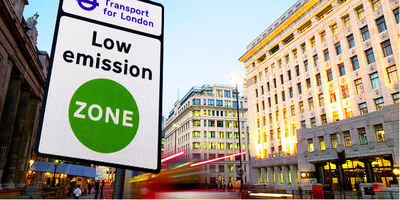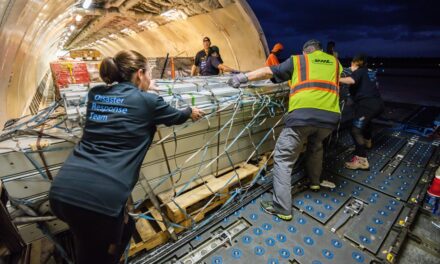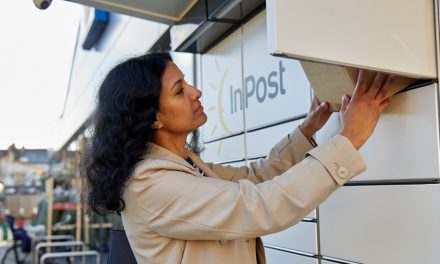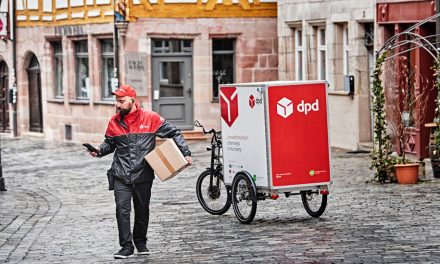
TfL launches freight emissions reduction programme

London’s Transport Commissioner Mike Brown has launched a new industry-led programme to reduce the emissions of London’s freight and fleet operators. The five-year programme, which aims to increase the availability and uptake of low emission vans and lorries, will create new environmental operating standards and contractual clauses for procurement bodies to adopt.
According to a statement issued on 27 January by Transport for London (TfL): “LoCITY will also demonstrate, through research and real world trials, that using these cleaner vehicles will not negatively impact operations.”
According to Brown: “Over the next five years LoCITY will begin improving London’s air quality by encouraging the take up of low emission vehicles. We’re working with vehicle manufacturers, infrastructure providers and the industry to make these vehicles a realistic choice for operators. Together we can improve London’s air quality, and by supporting the freight sector – which is essential for our city to function – we will have a real impact.
“The Construction Logistics and Cycle Safety (CLOCS) programme has shown this style of collaborative industry-led approach works – many lorries of the highest safety standards are now in use. LoCITY will help the industry as a whole continue to develop, whilst delivering a cleaner London.”
The Mayor of London, Boris Johnson MP, added: “LoCITY will form part of a series of strong measures I’m delivering to tackle air quality and safe guard the health and well-being of Londoners, but I’m fully aware much more needs to be done. Helping the freight industry is key to the success of the Ultra Low Emission Zone. I am confident that the strict tightening of our emission standards will help dramatically improve air quality and lower NO2 across the city.”
LoCITY will have three workstreams focusing on:
- Increasing the availability and affordability of low emission vans and lorries
- Improving the alternative fuel infrastructure, such as electric charging points and the use of hydrogen fuel
- Improving policies, procurement and land use planning to increase the use and viability of low emission vans and lorries.
The world’s first Ultra Low Emission Zone will come into force in London in 2020 and TfL anticipates that will “almost halve emissions of nitrogen oxide (NOx) and particulate matter (PM10) from vehicle exhausts in central London”.
TfL added: “Steps are already underway to remove the most polluting diesel vehicles from the roads, and as part of that work the Mayor has provided almost £300,000 of funding to Gnewt Cargo, who receive courier vehicles into their Southwark hub and consolidate the delivery of packages across London in their fleet of 50 electric vans.”
For more information about the LoCITY programme, go to www.LoCITY.org.uk.













